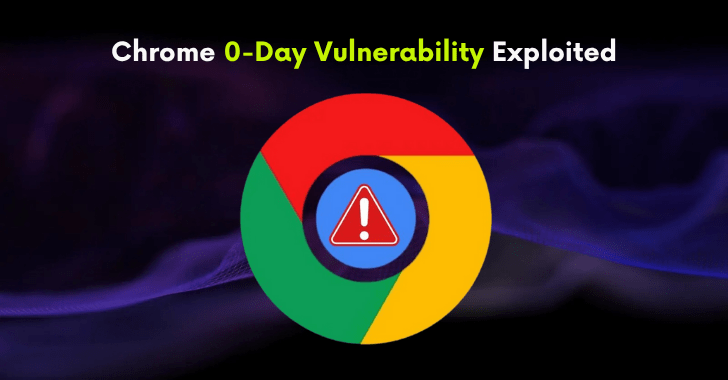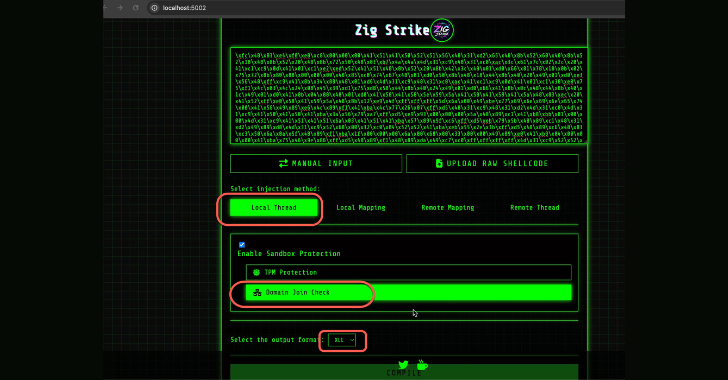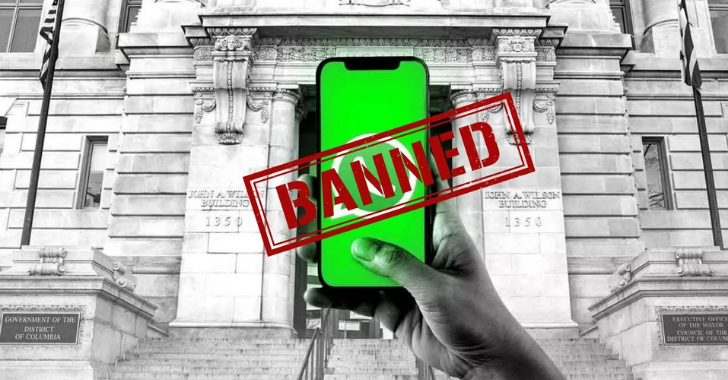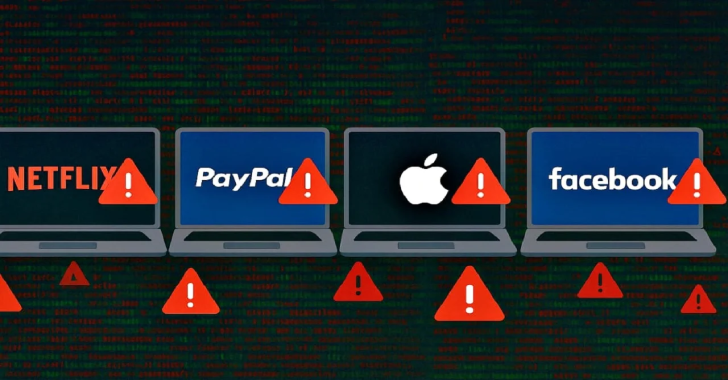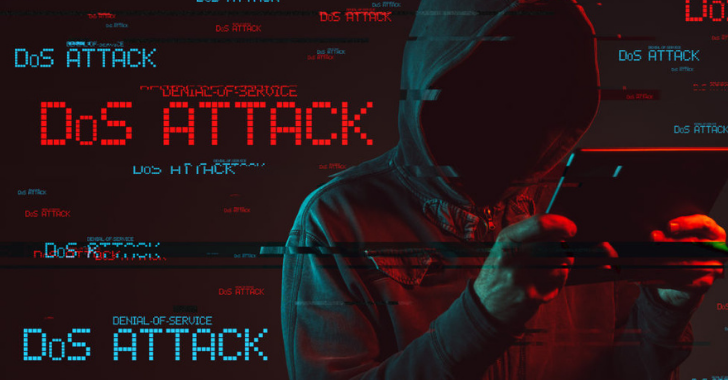Cyber Security Alert for Students of The Islamia University of Bahawalpur (IUB)
In recent days, several students from The Islamia University of Bahawalpur (IUB) have reported receiving suspicious emails claiming to offer scholarship updates or approvals. While these messages appear to come from a legitimate university domain (such as no-reply3@iub.edu.pk), they are actually part of a deceptive email spoofing campaign.
As a cybersecurity education platform, CyberProShield aims to raise awareness and protect students and staff from these malicious schemes.
⚠️ What Is Email Spoofing?
Email spoofing is a technique used by attackers to forge the sender’s address in an email to make it appear as if it came from a trusted source — in this case, IUB. Although the sender’s name and email may look official, the message was not actually sent from the university’s servers.
Spoofed emails are a common tactic used in phishing attacks to:
- Trick users into clicking on malicious links
- Harvest personal or financial information
- Spread malware or ransomware
🧪 Real Case Example
Here’s a real example received by an IUB student:
- Sender Display Name: The Islamia University of Bahawalpur
- Email Address: no-reply3@iub.edu.pk
- Time Sent: 3:35 AM
- Message Preview: “We are writing to inform you that your scholarship is…”
This message is vague, lacks proper context, and urges urgency — all signs of a potential phishing scam.
🚫 Do Not Engage With These Emails
If you receive such emails, do NOT:
- Click on any links or buttons
- Download any attachments
- Reply to the sender
- Share your personal or academic details
✅ What You Should Do Instead
- Verify through official channels like the IUB website or scholarship office.
- Report the email to IUB’s IT Department or your email provider.
- Mark as Phishing or Spam in Gmail, Outlook, or your mail app.
- Stay updated on phishing threats by following CyberProShield.
🔐 How to Protect Yourself from Email Spoofing
- Check the full email headers for sender verification.
- Enable two-factor authentication (2FA) on your email accounts.
- Install browser and email security plugins.
- Educate yourself regularly about cyber threats.
📣 Final Note
These fake scholarship emails are not just annoying — they are dangerous. They attempt to exploit students’ trust in university communications. This incident is a reminder that cyber hygiene is everyone’s responsibility.
“Think before you click. Verify before you trust.”
Stay safe online,
CyberProShield Team
Empowering digital awareness & security



